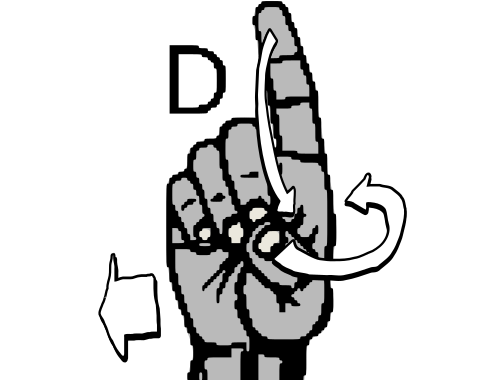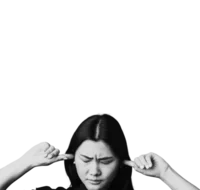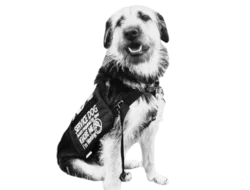Having a disability doesn’t mean not having sexuality, but you’d never know that from the messaging out there. Here’s sex, relationships and bodies information for people with a range of disabilities, from neurodiversity to chronic illness to mobility or cognitive disability. Nothing about us without us: our disability information is almost always written by people with disabilities themselves.
Disability

Highlighted content
I’m 23, and grew up in a relatively conservative environment. I’m Black and adopted, live in a rural community, had catholic school education for 14 years, and am chronically ill with Crohn’s Disease...
I really want to have sex, but I don't know how, and I'm queer, chronically ill and isolated.
- Kelli Dunham RN BSN
Articles and Advice in this area:
- Kelli Dunham RN BSN
Thanks for your question and for sharing so much with us. You ended your question with “What am I doing wrong?” I wanted to start by inviting you to consider all the many, many things you are doing to make your life better: being open with the people in your life about your identity, going to…
- Melissa Meszaros
The author of the new book Heavy Metal Heartbreak shares some of how dating went while recovering from a traumatic brain injury (TBI) and has a little advice.
- Haley Moss
In my experience, disclosure is an ongoing conversation and there is no single “correct” way to do it, but there are ways our partners can be stronger allies.
- Caitlyn Tivy PT, DPT, OCS
Interstitial cystitis (IC) and chronic prostatitis (CP) can cause pain with peeing. Learn how they can be diagnosed and treated so you can pee without pain.
- Lisa Laman
Suddenly, a person you’ve been regularly communicating with is M.I.A.
- Lisa Laman
Human beings are not on a strict timetable to do all the same things at the same time. This is just as true of dating like anything else.
- Caitlyn Tivy PT, DPT, OCS
Here because you or your partner(s) have experienced pain with anal sex, whether multiple times or just once? You’re in the right place!
- Lisa Laman
Two smart, insightful and autistic people who like talking about relationships walk into an interview…
- Lisa Laman
Being surrounded by other autistic people, I find a rare secure place to socialize, one that let me start to discover other places I could be social in, too.
- Lisa Laman
You can read a book. You can read a map. But reading people, that’s difficult in any situation.


